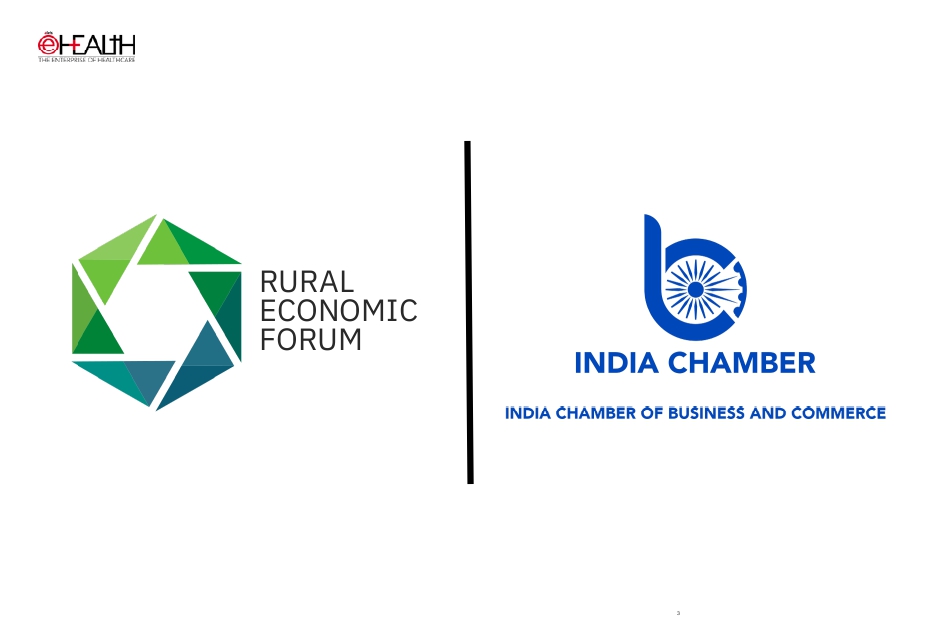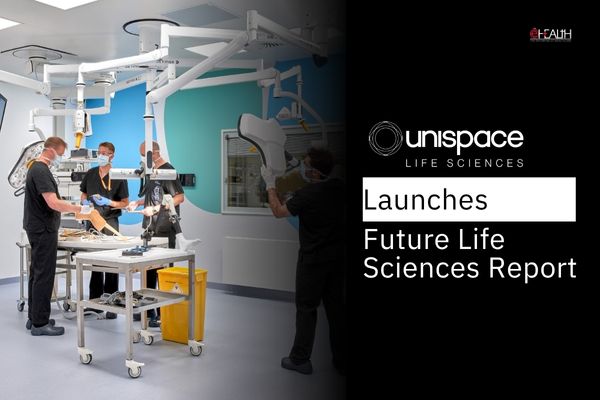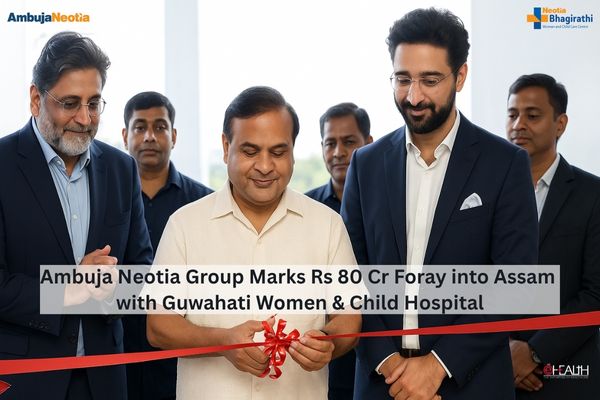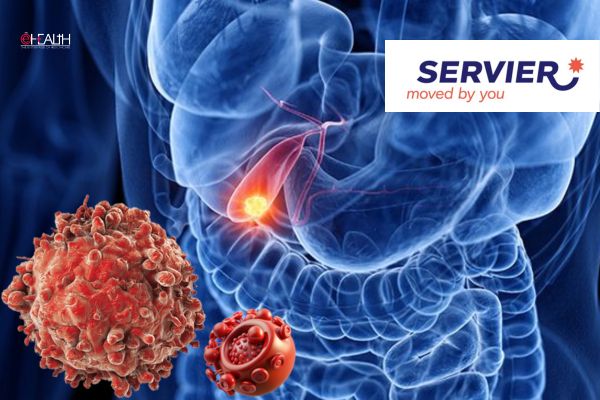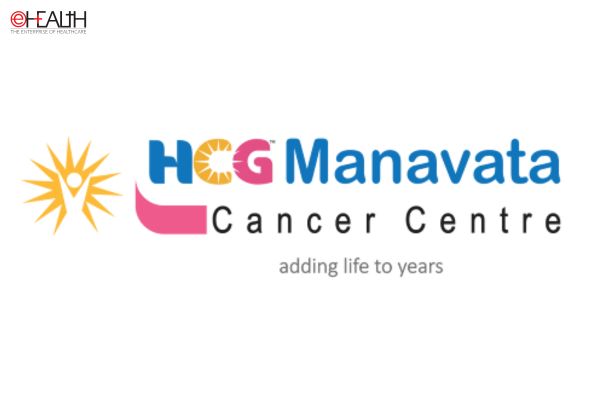
In a groundbreaking development set to transform the landscape of cancer diagnosis, a multi-institutional research team led by Prof. Dr. Raj Nagarkar, Managing Director and Chief of Surgical Oncology & Robotic Services at HCG Manavata Cancer Centre (HCGMCC), Nashik, has introduced a novel blood test capable of detecting 30 distinct types of cancer with an impressive average accuracy of 98.4%.
This pioneering work—now recognised as the largest clinical trial of its kind in India—leveraged a serum metabolome-based diagnostic platform powered by machine learning to pinpoint unique metabolic signatures linked to various cancers. The findings were recently published in the reputed journal Cancer Reports.

The clinical trial involved 6,445 participants, including 2,831 confirmed, treatment-naïve cancer patients spanning all four stages of the disease. Most notably, the test displayed exceptional sensitivity even in early-stage cancers, which are notoriously difficult to detect through conventional methods.

“The test profiles over 8,000 metabolites in blood serum. In a clinical trial involving 6,445 participants, including 2,831 cancer patients, the test demonstrated near-perfect accuracy across all stages (I–IV) and age groups (20 to 80+ years). Notably, it identified Stage I cancers with 98.9 per cent sensitivity, addressing a critical gap in oncology where most tumours are diagnosed too late for curative treatment,” said Dr. Raj Nagarkar.

The AI-driven platform demonstrated consistent performance across age brackets and cancer stages, achieving over 96% sensitivity in all tested groups. The core of this innovation lies in its ability to detect subtle metabolic changes in the blood, thereby offering a far more dependable and less invasive approach compared to existing multi-cancer early detection (MCED) tools.

“Cancer’s stealth lies in its silence during early stages. By decoding the metabolic ‘fingerprint’ tumours leave in blood, we’ve created a universal sentinel that alerts us before symptoms arise. This development marks a turning point in how we may screen for cancer. Early detection remains the single most effective strategy in reducing cancer-related mortality. Our metabolomics-based approach not only improves accuracy but also offers the potential for population-scale screening with minimal invasiveness,” he added.
Unlike traditional diagnostics that rely on detecting tumour DNA or circulating cells, often limited by low biomarker presence, this blood test identifies metabolic shifts, enhancing both precision and reliability. The samples were analysed using high-resolution mass spectrometry and interpreted through a proprietary Cancer Detection Artificial Intelligence (CDAI) algorithm developed in partnership with PredOmix Technologies.
Also Read :- Lupin Diagnostics Achieves 100% NABL Accreditation Across All Greenfield Labs
“With cancer projected to become the leading cause of global mortality by 2030, early detection remains the most viable strategy to curb deaths. Current screening methods cover only five cancers and suffer from high false-positive rates. The new test, validated in a single-blinded trial, reduces over-diagnosis risks while expanding coverage to thirty malignancies. We believe this test has the potential to redefine cancer screening, especially in low- and middle-income countries like India. Its scalability, accuracy and ability to detect cancers early could enable Governments and healthcare providers to offer timely intervention, which ultimately saves lives and reduces the cost burden of late-stage treatment,” Dr Nagarkar emphasised.
Registered under CTRI/2023/03/050316 and backed by all required ethics approvals, the study involved collaboration with PredOmix Health Sciences, North East Cancer Hospital, the Department of Radiotherapy at IPGME&R, Indoriv Clinical, and several partner hospitals across the country.
Future plans are already in motion, with larger multi-centre trials on the horizon. The research team is also exploring the integration of tissue-of-origin prediction, which could further support clinicians in offering targeted diagnostics and treatments.
“Currently, plans are underway to initiate larger, multi-centre clinical trials and eventually work toward commercial deployment. There are also ongoing efforts to integrate tissue-of-origin prediction capabilities, which would further support physicians in initiating precise follow-up diagnostics and treatment strategies. This isn’t just science; it’s hope. By catching cancer in its infancy, we transform survival odds and reduce the physical, emotional and financial toll of advanced disease,” concluded Dr. Nagarkar.
This breakthrough not only signifies a major scientific achievement but also a beacon of hope for millions. If scaled successfully, it could become a cornerstone of global cancer prevention and control strategies, especially in resource-constrained settings.
Be a part of Elets Collaborative Initiatives. Join Us for Upcoming Events and explore business opportunities. Like us on Facebook , connect with us on LinkedIn and follow us on Twitter , Instagram.
"Exciting news! Elets technomedia is now on WhatsApp Channels Subscribe today by clicking the link and stay updated with the latest insights!" Click here!






